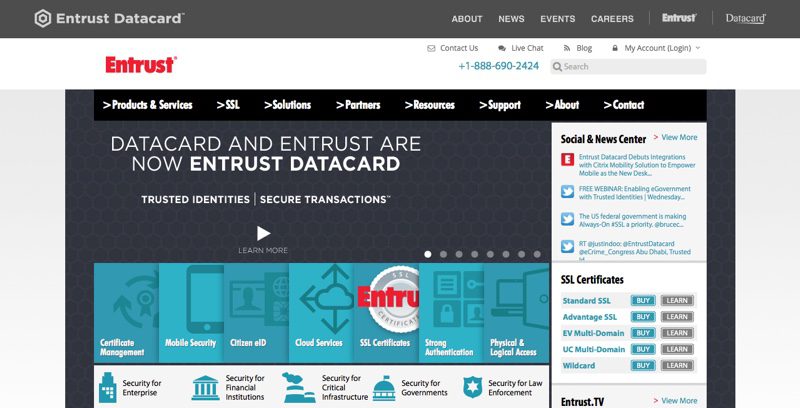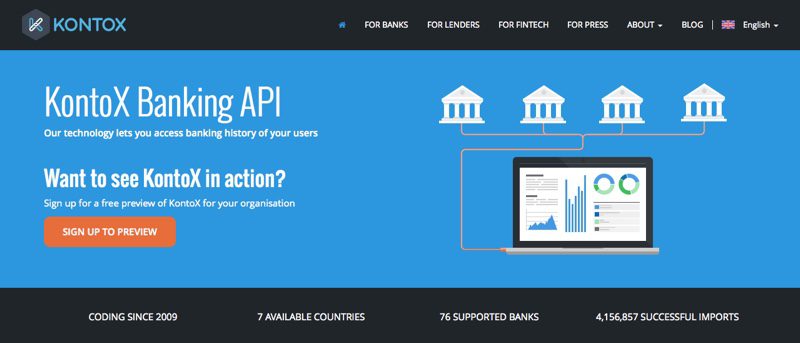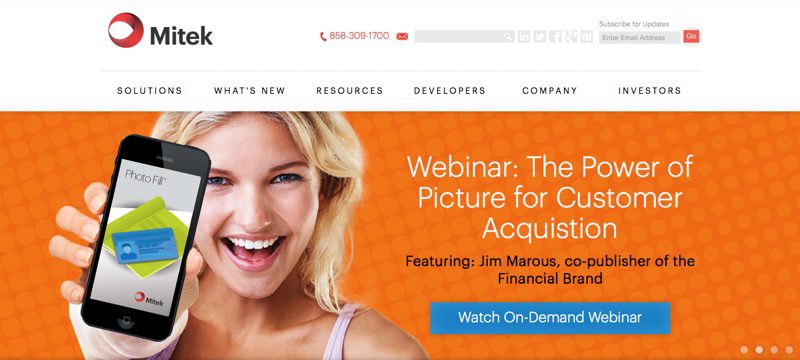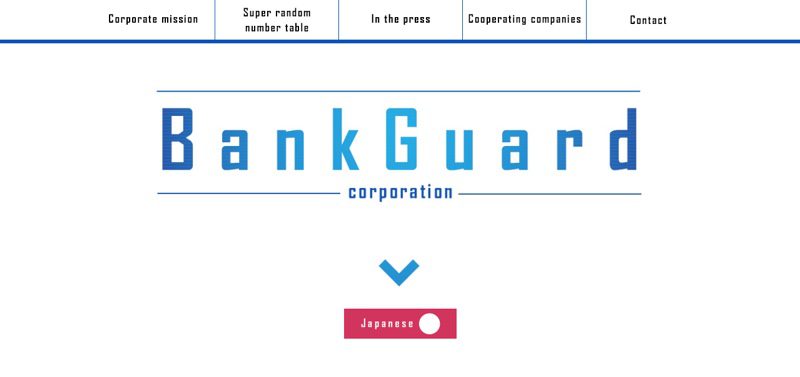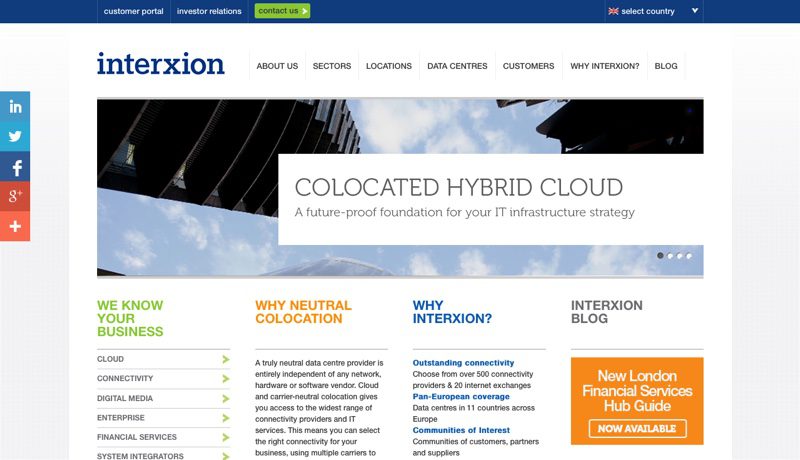 As we were about to publish the Finovate debut feature for Aurora Financial Systems, we were asked to hold off by Chris Melendez, vice president for corporate partnerships. “There may be some big news coming,” he said.
As we were about to publish the Finovate debut feature for Aurora Financial Systems, we were asked to hold off by Chris Melendez, vice president for corporate partnerships. “There may be some big news coming,” he said.
 This week, the big news arrived: Aurora Financial Systems has agreed to be acquired by fellow Finovate alum, Finicity.
This week, the big news arrived: Aurora Financial Systems has agreed to be acquired by fellow Finovate alum, Finicity.
In a statement released earlier this week, Finicity announced it had acquired “substantially all the assets” of Aurora Financial Systems. Aurora will become part of Finicity’s Data Services Division and will be led by Melendez and Aurora co-founder Michael Ciberey. The terms of the acquisition were not disclosed.
A division of Finicity Corporation, Finicity Data Services provides API services for fintech developers building account aggregation, cash-flow verification, and account-ownership-verification solutions. With the acquisition of Aurora Financial Systems, Finicity will add transaction processing and card program management to its developer stack.
With the acquisition, Finicity is intensifying its promotion of its TxPUSH real-time financial data delivery. Finicity co-founder Nick Thomas highlighted Aurora’s TxPUSH Event Management API and Event PUSH Delivery engine as “standards-based solutions” for delivering card transaction data “immediately, not three days from now.”
“Real-time transaction data opens many new doors for fintech innovators,” Thomas said.
 Founded in 1999 and headquartered in Salt Lake City, Utah, Finicity’s Data Services division launched its TxPUSH API for fintech apps at FinovateSpring 2015. The company will make its FinDEVr debut next month at FinDEVr 2015 San Francisco (early bird ticket sales end this Friday) where it will demonstrate real-time data delivery via its TxPUSH API.
Founded in 1999 and headquartered in Salt Lake City, Utah, Finicity’s Data Services division launched its TxPUSH API for fintech apps at FinovateSpring 2015. The company will make its FinDEVr debut next month at FinDEVr 2015 San Francisco (early bird ticket sales end this Friday) where it will demonstrate real-time data delivery via its TxPUSH API.
Aurora Financial Systems made its Finovate debut at FinovateSpring 2015 in San Jose, Calif., with the debut of Note, a vertically integrated budgeting solution for FIs. But the Purchase, New York-based company’s pedigree is as a debit processor and program manager specializing in incentive, payroll, and reloadable, prepaid solutions. Aurora has processed millions of dollars of transactions within these categories since its founding in 2009.
FinDEVr Previews highlight companies presenting new developer tools, platforms and integrations at the second annual FinDEVr, 6/7 October.
